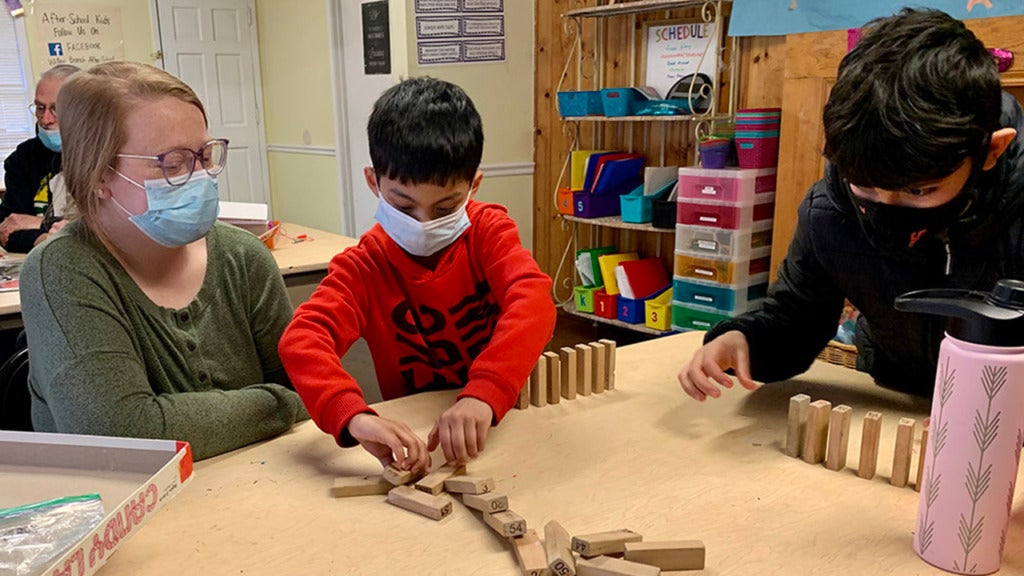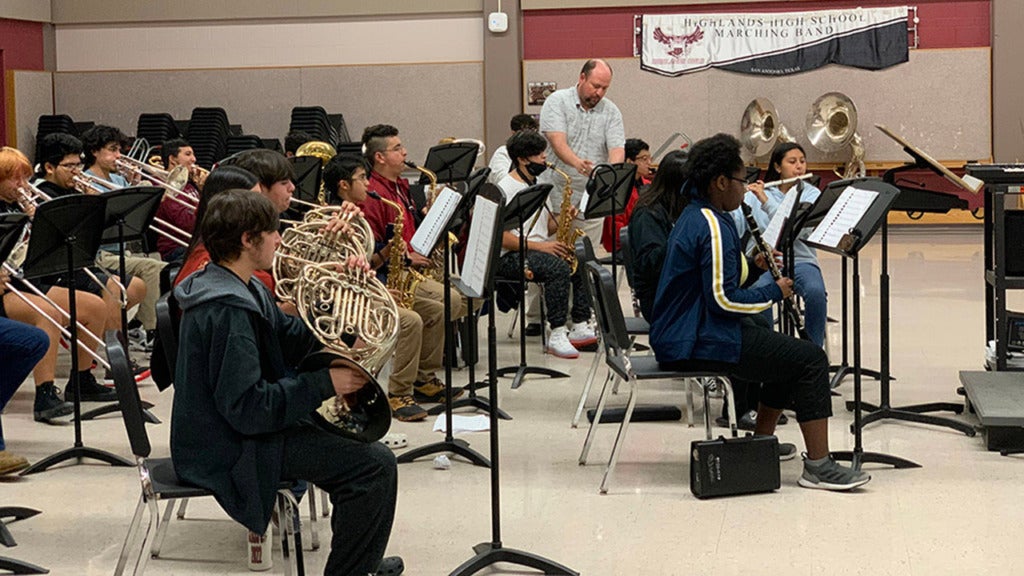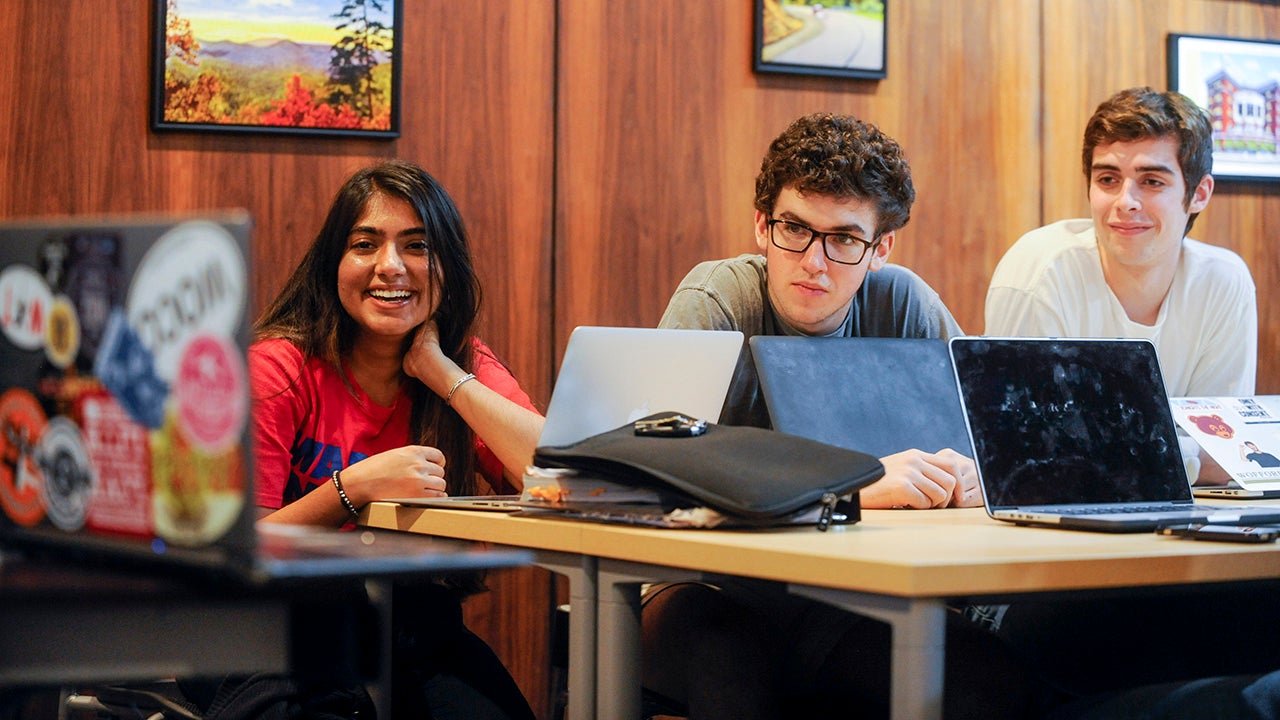Though Americans of all ages have grown warier of societal institutions, our youth seem particularly disaffected. Who can blame them for this growing sense of distrust? There is little evidence of progress on the issues they care about most. Stories about school shootings or climate disasters continue to make headlines. And for more than two years, their education and sense of normalcy have been disrupted by a global pandemic. Many Gen Zers say they feel a profound sense of isolation and disconnection.
Trust needs to be rebuilt across society, and fostering it among our youth is especially important. Schools are a critical part of the solution, where children learn not only reading and math but also confidence and belonging. Teachers and administrators have been helping students navigate the disruptions caused by the pandemic.
Weave: The Social Fabric Project partnered with The 74 to spotlight educators who made extraordinary efforts to create community and belonging during the pandemic. Their stories offer lessons for rebuilding hope and trust among our youth in times of great uncertainty.
Treat students as part of the community
Heidi Maxie is a high school math teacher in Kaneohe, Hawaii, who uses regular check-ins to learn about her students’ lives, build trust, and identify problems within the larger community. During the pandemic, Maxie created a free meal program after discovering that some students were going without breakfast and lunch. She went on to start a school-wide clothing rack and installed a washer and dryer to ensure students could feel good about their appearance. By caring for these basic needs, Maxie helps her students feel they belong, so they can focus on learning in school and supporting others community members.
Let students explore the world
As a teacher in a rural Nebraska town of under 200 people, Megan Helberg wants to help her students move beyond their comfort zones to close divides. She started a travel club for students—eventually including family and community members—to journey together to New York, Washington, DC, and other major cities. Not only do they learn about new places, but they also form bonds as neighbors and learn to appreciate their corner of the world.
Help students see the humanity around them
Tony Rocco’s students live in one of the most at-risk neighborhoods in the country. On their way to their Philadelphia campus, many walk past the East Coast’s largest open-air drug market. They are witnesses to the violence and trauma that often accompanies poverty. Rocco created a photography program to help students see beyond the surface of their neighborhoods and capture the humanity around them. His mission is to help students see their potential and positively impact their world through their craft.
Support students and their families

Photo by Linda Jacobson for The 74
Allie Reeser works at an afterschool program in Clarkston, Georgia, where more than half of the children are from refugee families. These young people face a very different world than their parents. Reeser found that many students struggle to reconcile their identities as they navigate the differences between school culture and home culture. Reeser’s afterschool program provides students and their families with the support they need to build new identities, strengthen their belief in themselves, and find a trusted place in their community.
Teach students to lean on one another

Photo by Bekah McNeel for The 74
Alejandro Salazar is a high school band teacher in San Antonio, Texas. During the pandemic, he realized that the band was often his students’ strongest connection to the school—it provided them with a community. Salazar made it a point to contact every band student and bring them together on video even when they couldn’t play music. The band became a place for students to deal with isolation and other mental health struggles by leaning on one another for support and trusting relationships.
Looking ahead
Education is one of the first institutions a young person will encounter, and experiences at school can alter a person’s trajectory forever. As we seek to strengthen the fabric of our nation, we must address the feelings of loneliness and distrust among our youth. Educators can play a crucial role by uncovering the sources of these feelings and making students feel safe and heard. If you are or want to build trust and community where you live, learn more about the Aspen Institute’s Weave: The Social Fabric Project and find resources, support and ideas by signing up for the weekly newsletter.


